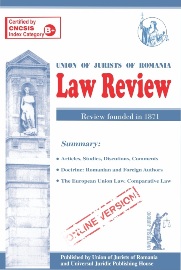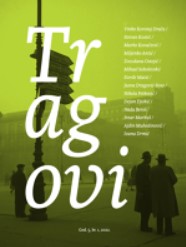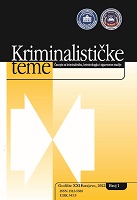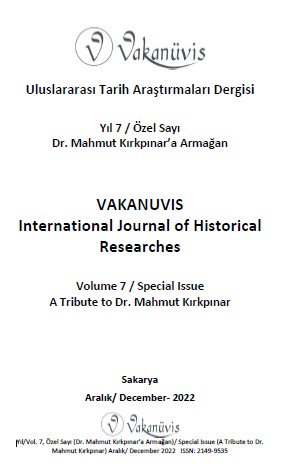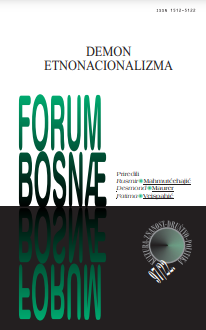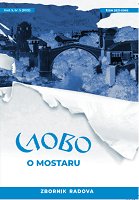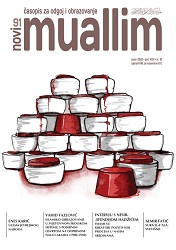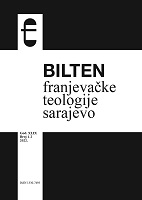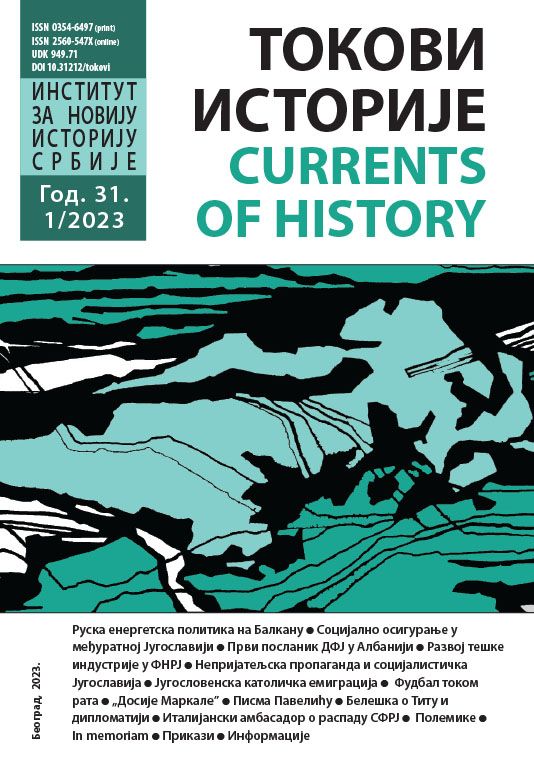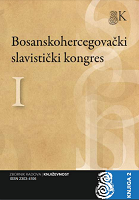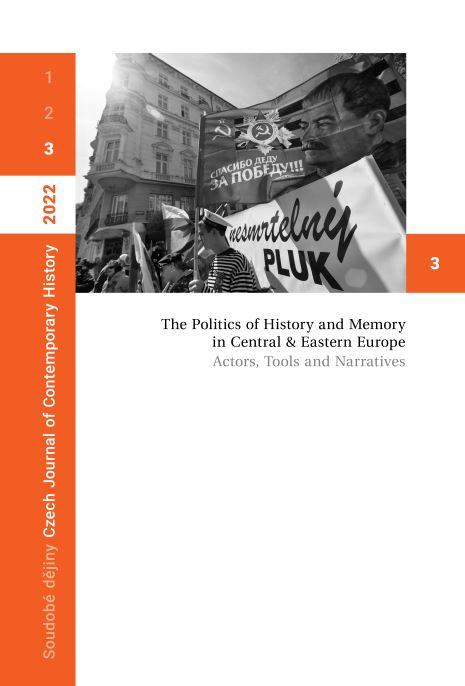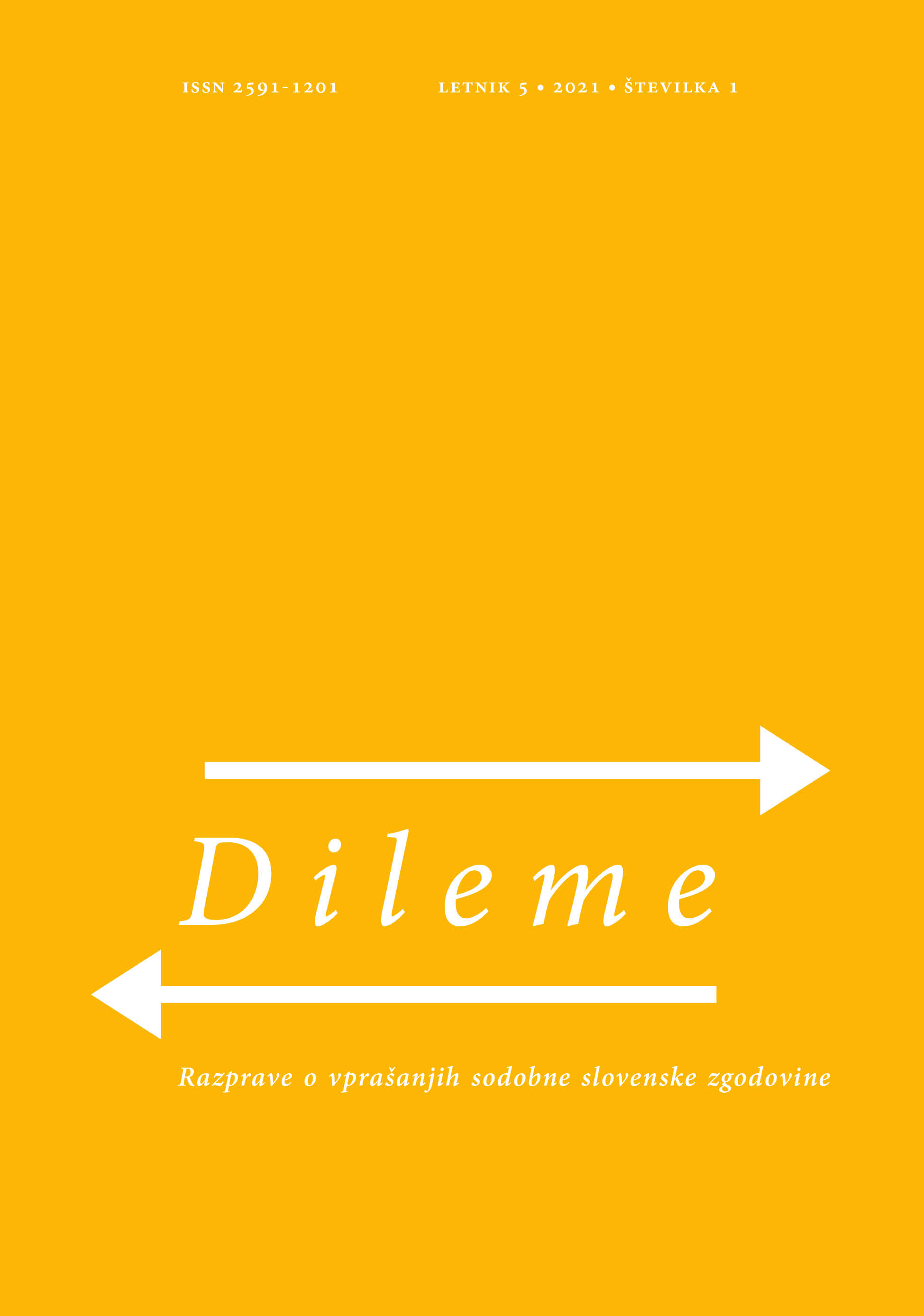Author(s): Zilha Mastalić Košuta / Language(s): Bosnian
Issue: 5/2022
The paper presents events from the recent, wartime history of Bosnia and Herzegovina related to the destruction and demolition of the Mostar bridges, links that connect the two banks of the Neretva River and whose destruction and demolition had multiple goals. In Mostar, an attempt was made to completely erase the existence of earlier cultures and traditions by demolishing bridges. By separating the coasts, he tried to divide the territory, threaten and destroy the population, cut the supply routes, put those defending their territory in a hopeless situation, and more. The emphasis in this paper will be on the destruction and demolition of the Old Bridge, the symbol of the city of Mostar and one of the most monumental buildings from the 16th century, both in Mostar and throughout Bosnia and Herzegovina. For the sake of a clearer and more complete picture in understanding the circumstances of the war, in the introductory part of the work, a brief description of the events in Mostar from April 1992, from the official start of the war and the deployment of military units, to the orders and attacks of those who led to the destruction of the city and the suffering of the population, is given . In the first part of the work entitled Demolition and damage of Mostar's bridges, a brief overview of the demolition of Mostar's, mostly city bridges, which took place mostly in 1992, is presented. Also described are the so-called improvised bridges that were created in the places of collapsed bridges. The method of creating and making such bridges, which is described in this part, is also very interesting. In the second part of the paper entitled Destruction of the Old Bridge until November 1993, the destruction and damage to the Old Bridge, which began in April and May 1992 during the shelling of the city and continued in 1993, intensively after May 9, 1993, is described. In the third part of the work, entitled November 9, 1993, the demolition of the Old Bridge, the events immediately before the complete demolition of the Old Bridge, the circumstances and the manner in which the bridge was demolished, and the events immediately after its demolition are described in detail. In the last part of the paper, entitled Responsibility for the demolition of the Old Bridge - reactions, shifting of blame and manipulation, the reactions to the demolition, domestic and international, attempts to shift the blame from those responsible and to cover up the real truth and manipulation related to it are shown. This part also presents the conclusions from the judgment of the International Court in The Hague, in which, among other things, the responsibility for the demolition of the Old Bridge was considered and established.
More...
